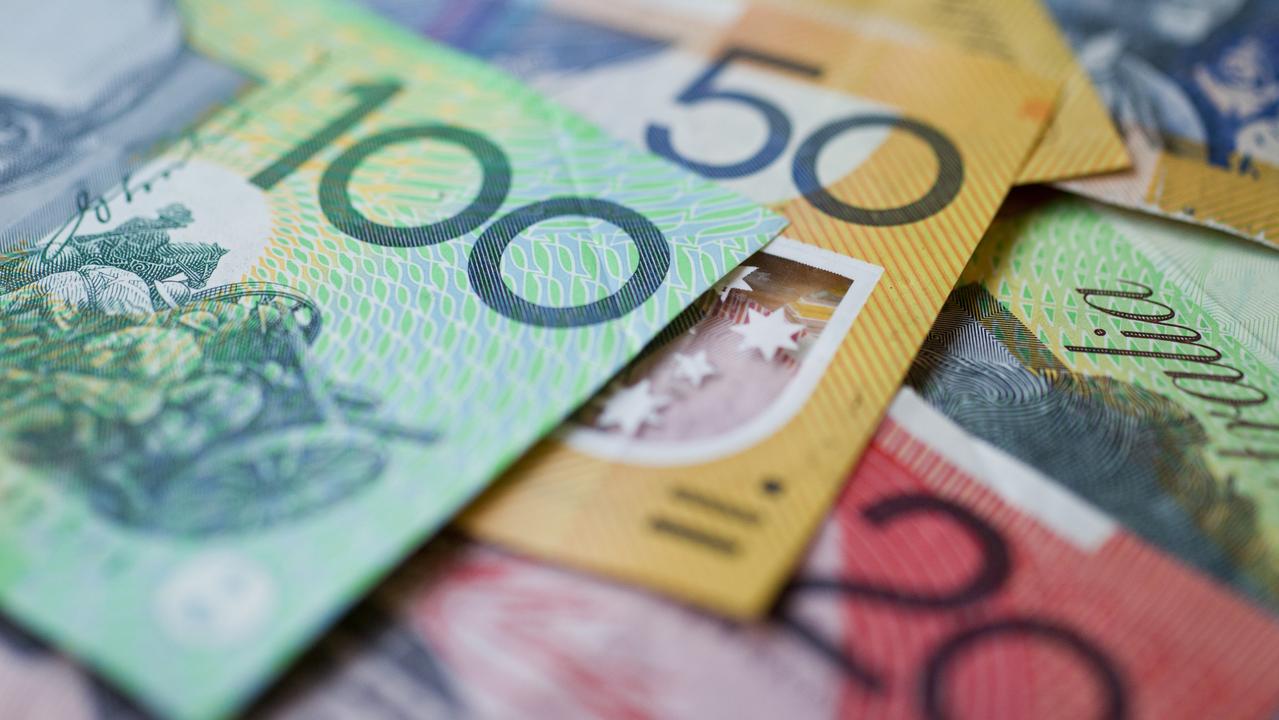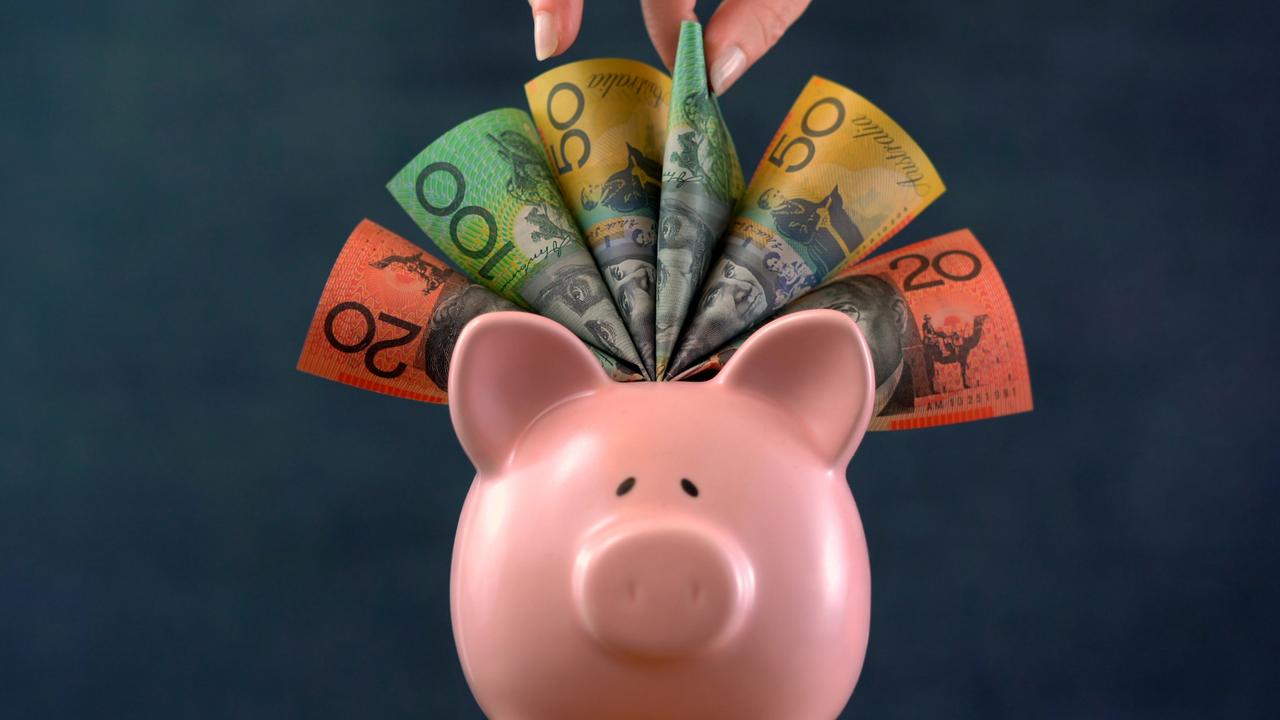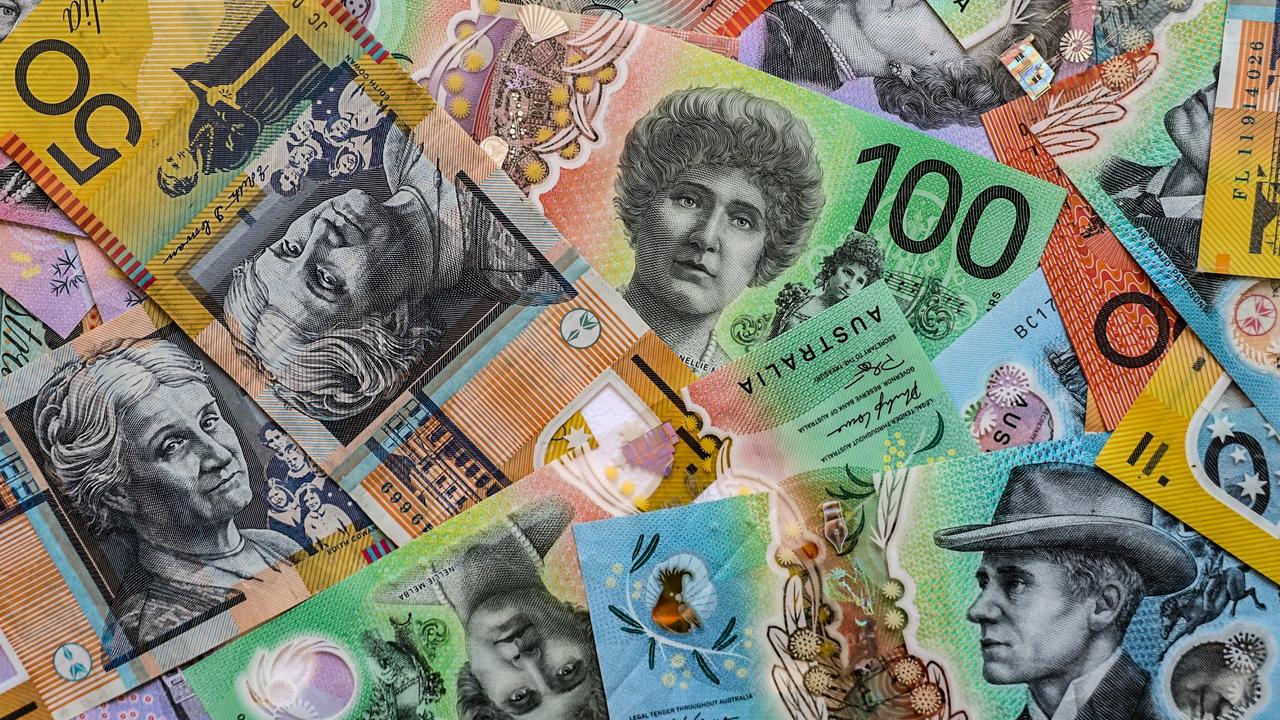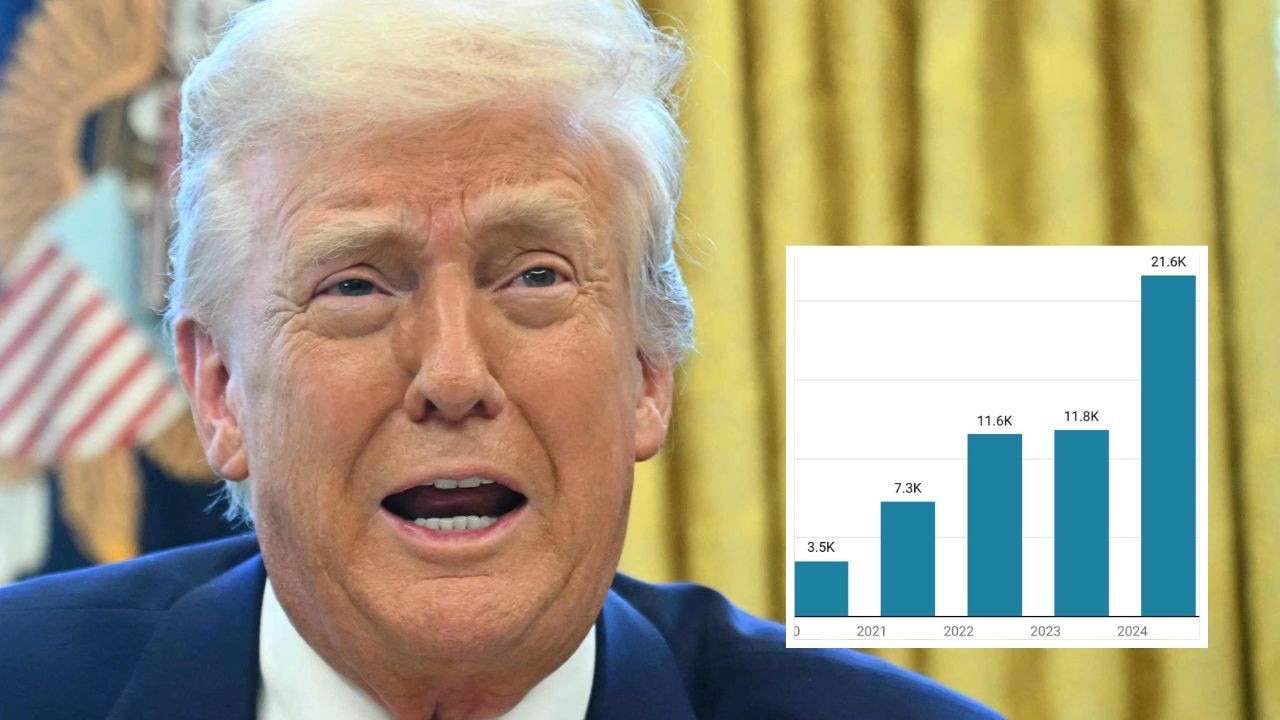Australians could suffer worst superannuation loss since the GFC, according to Chant West
Australians have been battered by the rising cost of living, including soaring grocery prices, and now they are set to take another financial hit.

Typical superannuation funds are set to have their worst performance in 13 years with many expected to record a loss, which could cost Aussies an average of $8000.
Funds will fall by 5 per cent for this financial year, research house Chant West has predicted, the biggest drop since the GFC.
For someone who has $147,425 in their superannuation fund – the national average amount an Australian has, according to the Association of Superannuation Funds of Australia (ASFA) – they could cop a whopping $8100 hit to their retirement savings when they open their statements this tax time.
A typical super fund is defined by ChantWest as one with between 61 per cent and 80 per cent allocated to growth assets such as shares.
Stream more finance news live & on demand with Flash. 25+ news channels in 1 place. New to Flash? Try 1 month free. Offer ends 31 October, 2022 >

Since the start of June, Australia’s sharemarket has plunged 10 per cent – an area many superannuation funds place on average 20 per cent of member’s money – with investors spooked by rising interest rates and fears of a recession.
International shares have also taken a battering, with the US Wall Street plunging 23 per cent since February, and funds generally invest around 30 per cent of savings, which will also contribute to a decline in member’s savings.
But Chant West senior investment research manager, Mano Mohankumar, said while it’s now almost certain that growth funds will finish the financial year in the red, members should resist hitting the panic button.
“People need to see things in context. A negative result would be only the fifth in 30 years since the introduction of compulsory super in 1992,” he said.
“And remember that this year’s result comes on the back of the outstanding 18 per cent return in financial year 2020/21, the second best in the history of compulsory super.”

Even in the 2020 financial year, which included the Covid-induced share market meltdown, the loss was limited to just 0.6 per cent on average, he said.
“Quite a few funds actually delivered positive returns that year, so for many members a negative result this year would be their first in 13 years,” he added.
Mr Mohankumar cautioned people not to “panic” and move money into “less risky investment options” or cash with a view to switching back later.
“Attempting to time markets is a risky proposition. Far more often than not, it results in a worse outcome in the long run than if you sit tight and stay the course. Panicking only converts paper losses into real ones,” he said.
“Not only that, you risk missing out when markets rebound – as they will at some point. Even many members close to retirement can afford to take a long-term view. That’s because a lot of people most likely won’t take out all their super when they retire.”

Those who switched to cash during the Covid-19 market meltdown missed out on $110,000 in returns by panicking, Chant West’s research showed.
A member who had $300,000 in super savings at the beginning of 2020, were projected to have $480,000 in super by the end of 2031 if they stuck with their growth fund.
But a switch to cash in March 2020, would mean they have just $369,000 by the end of 2031.






